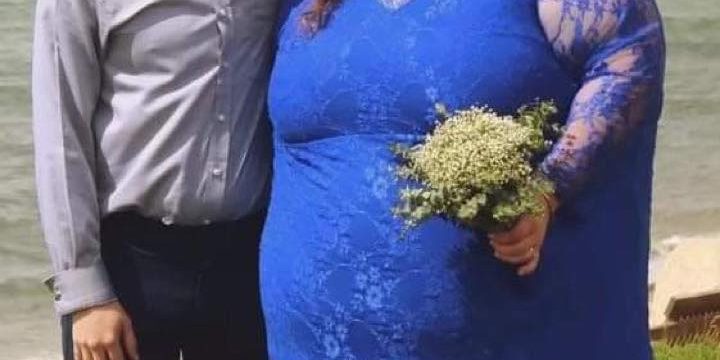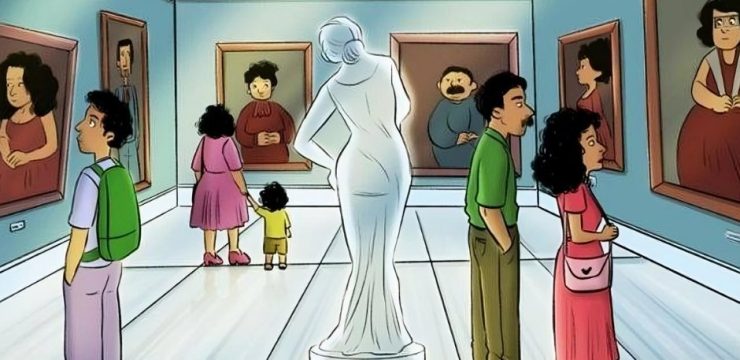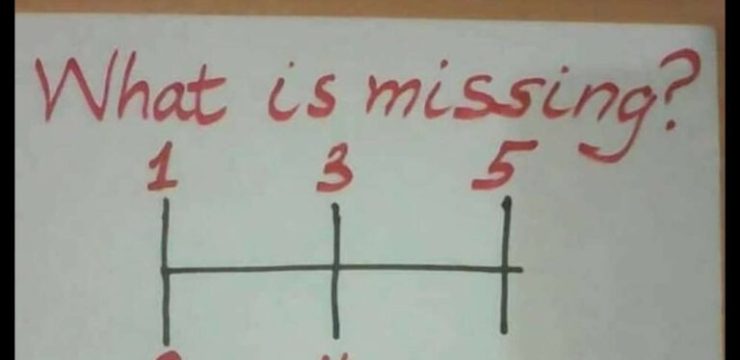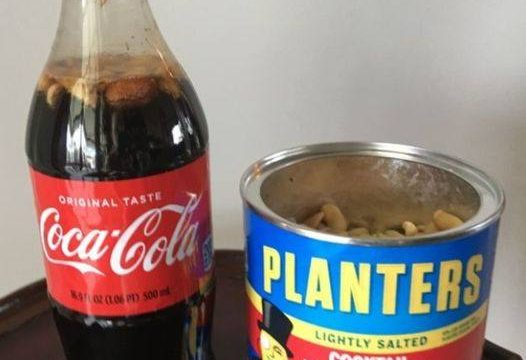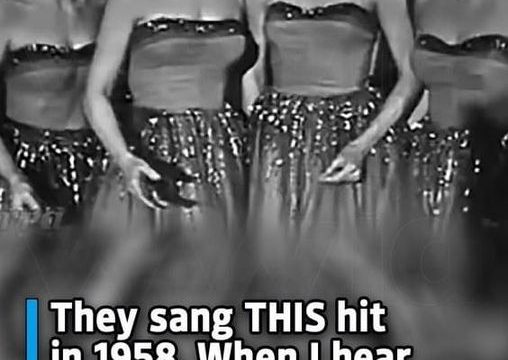Two years ago, my world shattered when I lost my father to cancer. Time, they say, heals all wounds, but for me, the pain of his loss remained raw, refusing to fade. In a bid to make peace with the past, I decided to visit his grave—a decision that would lead to a discovery so shocking, it changed my life forever

The day we learned of Dad’s stage IV lung cancer, it felt like the world came crashing down. The doctors were swift to begin treatment, but deep down, we all knew the odds were against us. My father fought bravely, but in the end, the disease won. The call from my mother, breaking the news of his passing, is a moment forever etched in my memory.
The funeral was a blur of tears and disbelief. I felt as though a part of me had been buried alongside my father. Over the next two years, I threw myself into work, trying to escape the relentless grief. But no matter how busy I kept myself, the pain never really went away. Avoiding my hometown and the memories it held seemed like the only way to cope.
As time passed, guilt began to gnaw at me. I had avoided my hometown for too long, running from the memories that haunted me. I knew I needed to confront the past, to visit my father’s grave and finally say goodbye. With a heavy heart, I asked my husband, Andrew, to drive me back home.
As we drove through familiar streets, memories of my father flooded back—some sweet, others unbearably painful. When we arrived at the cemetery, each step toward my father’s grave felt like lifting a thousand-pound weight. I knelt beside his headstone, tracing the letters of his name as tears streamed down my face.
As I sat there, lost in memories, Andrew’s voice brought me back to reality. “Penny, look over there,” he said softly. I turned to see another headstone a few yards away, and my heart stopped. There, etched into the cold stone, was my name: Forever in Our Hearts, Penelope. The photo attached was of me as a little girl, smiling innocently.
I stared at the headstone in disbelief, my mind struggling to comprehend what I was seeing. This was no nightmare—I was wide awake, and this grave was disturbingly real. Shaking, I reached for my phone and called my mother, desperate for an explanation.
When my mother answered, her voice was eerily calm. “I didn’t think you’d ever come back to see it,” she said, as though the grave with my name on it was the most normal thing in the world. My heart raced as she explained that after my father’s death, she felt as though she had lost both of us. When I stopped visiting and calling, she needed something to mourn—so she created a tombstone for me.
Anger and heartbreak clashed within me. How could she do something so morbid without telling me? Why create a grave for someone still alive? The more I thought about it, the more the pieces began to fall into place—her constant worry about my health, her frequent visits, and the pills she had insisted I take last year. A chill ran down my spine as a horrifying thought crossed my mind: was she preparing for my death?
Unable to bear the uncertainty, I told my mother I’d be coming over to talk. The drive to her house, down streets once filled with fond memories, now filled me with dread. When we arrived, Mom greeted us with a smile, as if she had been expecting us. Inside, I noticed something that made my stomach churn—a small shrine with my photo, candles, and fresh flowers
“Mom, this has to stop,” I said, my voice shaking. “Why did you do this?” Her response was heartbreaking. “I couldn’t let you leave me like your father did. I needed to keep you close. This was the only way I knew how.” It was clear that her grief had turned into an unhealthy obsession, one that I needed to break if I ever wanted to reclaim my life.
To move forward, I suggested that Mom move closer to us so we could see each other daily. She hesitated but eventually agreed. A week later, we stood together at the cemetery as workers removed the headstone bearing my name. Back at her house, we dismantled the shrine she had built for me, a symbolic step toward healing.
The transition hasn’t been easy. My mother’s grief is still a heavy burden, but we’re taking steps in the right direction. For the first time in years, it feels like we’re both moving toward a healthier place. My father’s memory will always be with us, but instead of it being a source of pain, it’s becoming a source of strength.
Visiting my father’s grave was supposed to be a moment of closure, but instead, it revealed a dark and unsettling truth about my mother’s grief. However, that day also marked the beginning of a new chapter—one where I’m learning to balance the past with the present, and where my mother is finding healthier ways to cope with her loss. The journey ahead is uncertain, but with each step, we’re moving closer to healing, together.
